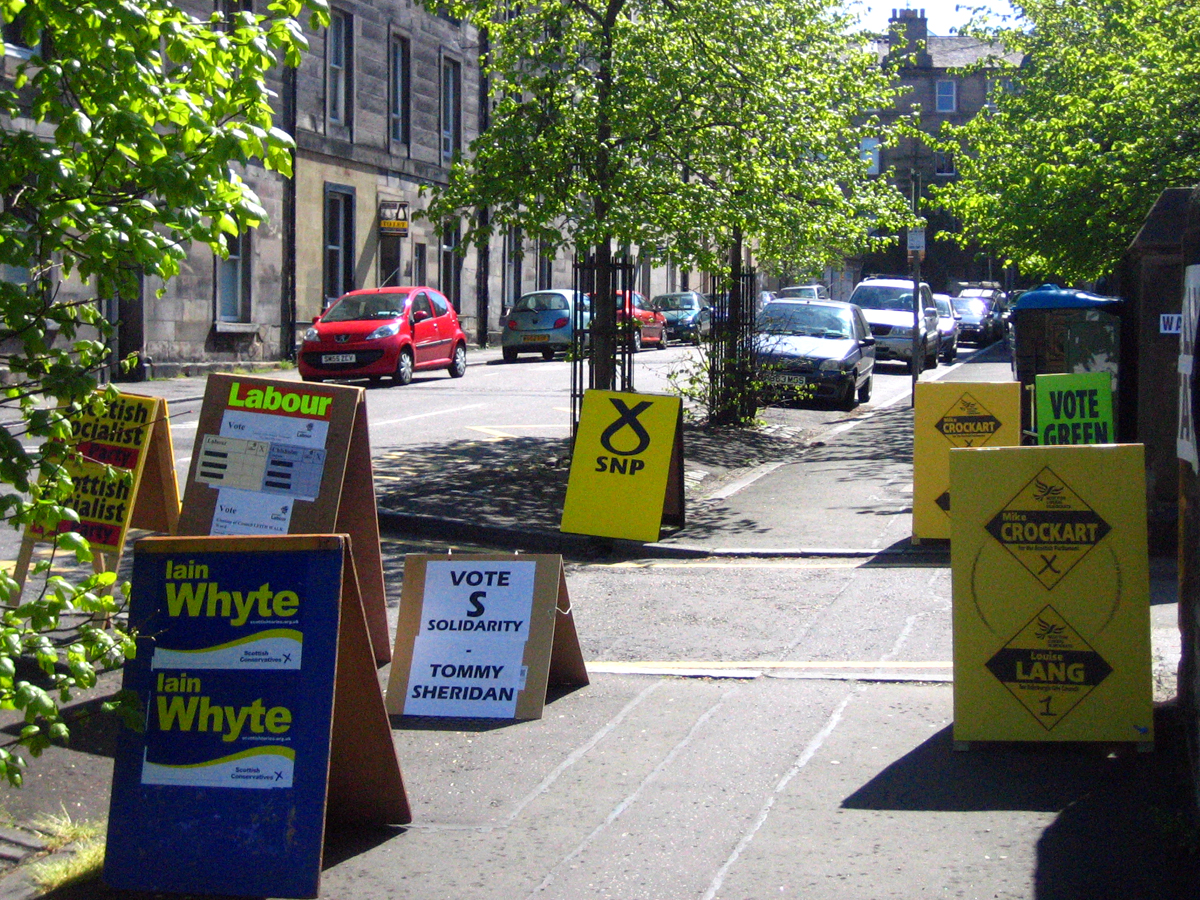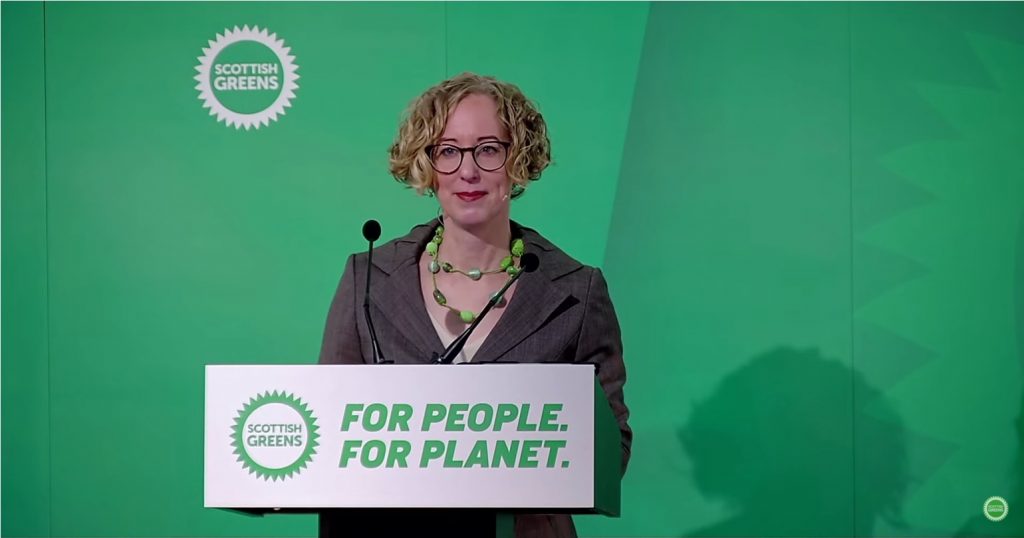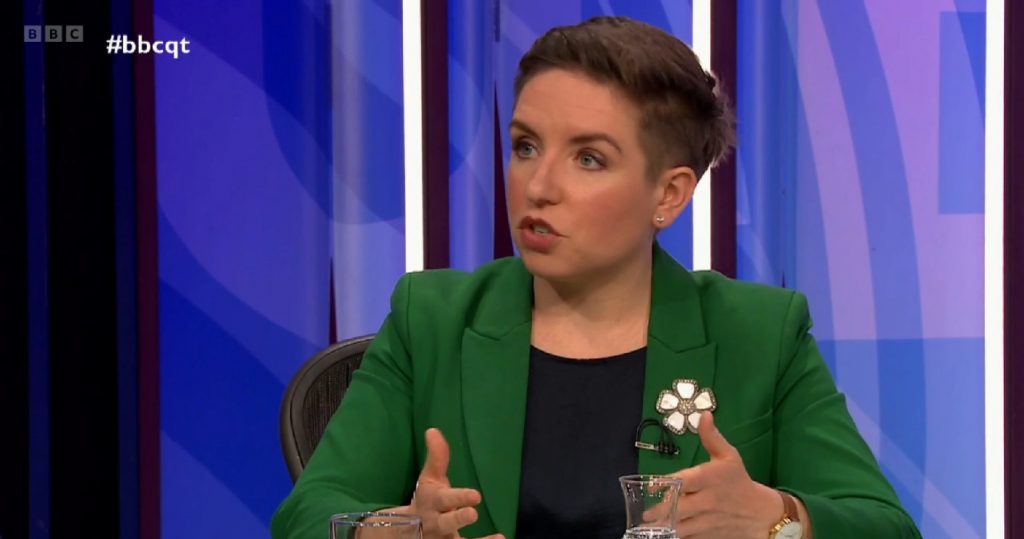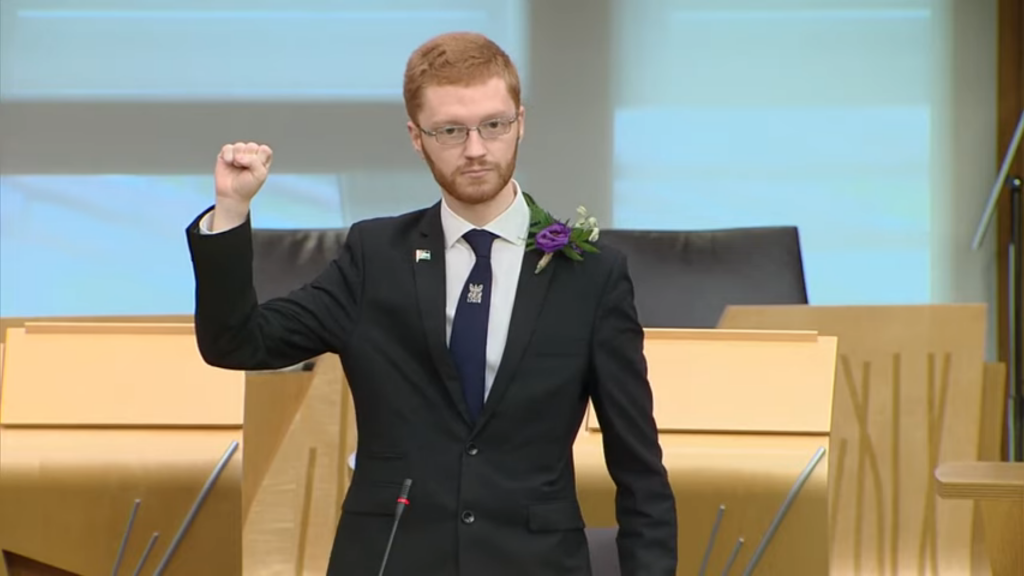Progressive alliances are more than formal pacts: this is a culture shift

Number of seats the Green Party will stand aside in to help unseat the Conservatives: 24. Number of seats other progressive parties will stand aside in to help others: 1.
The final tally for the ‘progressive alliance’ is out, and on the face it, it looks (perhaps fittingly) more like unilateral disarmament than any real pact. It turns out there’s more to it than that though.
Only the Liberal Democrats have stood aside for anyone – the Greens in Caroline Lucas’ Brighton Pavilion, in exchange for the Greens standing down in neighbouring Tory-held Kemptown.
Green targets elsewhere have seen no such détentes. Bristol West, currently held by Labour’s Thangam Debbonaire, remains a three way Labour-Green-Lib Dem battle, with MEP Molly Scott Cato contesting it for the Green Party.
And in the Isle of Wight, where Green candidate Vix Lowthion came third last time after the Conservatives and UKIP, now appears to be the main challenge to the Tories. Given UKIP’s fall in support – and the fact the Greens came second in the local elections last week – Labour and the Lib Dems have come under pressure to back one progressive candidate. They have not succumbed.
But there’s a bigger picture here. Elections under First Past the Post are of course about where parties choose to target: which seats they bother putting resources in.
Progressive Alliance, the cross-party group set up by the think tank Compass, say the Liberal Democrats and Labour have privately agreed not to actively campaign in marginal constituencies against one another other, where they have the clearest opportunity to unseat the Conservatives.
One source told me that Labour are only putting serious resources into seats with majorities between 7,000 and 25,000. While that one may have to be taken with a pinch of salt, given the latest polling it would not prove a huge surprise.
Even where parties have stood candidates, it’s not all hand-to-hand combat. Yesterday, a quite startling announcement went unreported: the Lib Dem candidate for Bury North asked voters to back the Labour candidate – surely a move unprecedented in recent election history.
There, just 378 votes separate Labour and the Tories. So with the Greens choosing to step aside, Lib Dem Richard Baum’s decision to urge his Lib Dem voters to back Labour’s James Frith is quite something.
And of course, elections are about where activists go. Groups like Progressive Alliance are not alone in mobilising party activists to campaign for other parties in battleground constituencies. Best for Britain, Gina Miller’s pro-European campaign (which crowdfunded nearly £400,000 recently) and More United (which did the same – and raised similar amounts) are both putting their substantial resources into getting activists into key ‘progressive’ seats.
Finally, voters go off ‘signals’ from parties. We saw that in Richmond Park last year, when the Greens stood down, giving de facto backing to Lib Dem Sarah Olney’s bid to unseat Zac Goldsmith.
Despite Labour refusing to stand down there, voters took their signal off the Greens anyway – Labour voters got behind Olney too in order to take down the pro-Brexit Goldsmith.
The effect of the Greens standing down in 25 seats can’t be understated. This isn’t just about deals – clearly party leaderships never wanted them to happen officially. But it is about priorities – picking battles, being smart and, for the three main progressive parties, focusing on unseating Conservatives or keeping marginal Labour/Lib Dem MPs. The Scottish Greens standing in only 3 seats this election is another sign of that kind of pragmatic and principled strategising.
With a wide range of groups pushing this kind of informal working together, the effect is much larger than the headline stats. Kudos has to be given to the Greens for leading the way (although of course, it’s only a broken voting system that means parties feel obliged to stand aside in the first place…).
Over the next few days we will see several more official announcements on this front. Whatever the final tally of deals, or (less-measurable) targeting decisions, something has already changed this election.
There is a new pluralism – new relationships being built, and a sea-change among many progressive party activists and voters. We’ll only know the true impact of that long after June 8th.
This piece first appeared on Left Foot Forward and can be found here.
This article was amended on the 01/06/2017 to correct the number of seats the Scottish Greens are standing in- they are standing in 3 sets, not 10.




This piece does not properly take into account the impact of UKIP’s withdrawal to aid the Conservatives, which is not only the case in Bury North but in many of the constituencies Green candidates have stood down in.
The Labour surges of late are mainly happening in pro-Remain seats, a large proportion of which are currently (and often solidly) Labour anyway; the main effect will be to squeeze the Liberal Democrats and especially the Greens. Many pro-Leave seats with a large proportion of traditional working-class voters are still likely to remain Conservative or switch to the Conservatives (some of them have acquired considerable middle-class commuter elements, like North East Derbyshire and Newcastle-under-Lyme), since demographic change has eroded the Labour vote in these seats anyway, slowly but surely. A large proportion of Midlands seats fall into this category.
The Liberal Democrats are also not recovering well enough to give them confident chances in seats they are trying to recapture from the Conservatives, especially in the South West.
On current polling and demographic factors, the Progressive Alliance is unlikely to succeed, even with the Conservatives’ poor campaign.
Seems to me with an unofficial progressive alliance it is not possible to present a different and positive vision. I would be strongly in favour if I thought Labour would back PR and drop their ” we are the only part worth voting for if you don’t want Tories” stance.